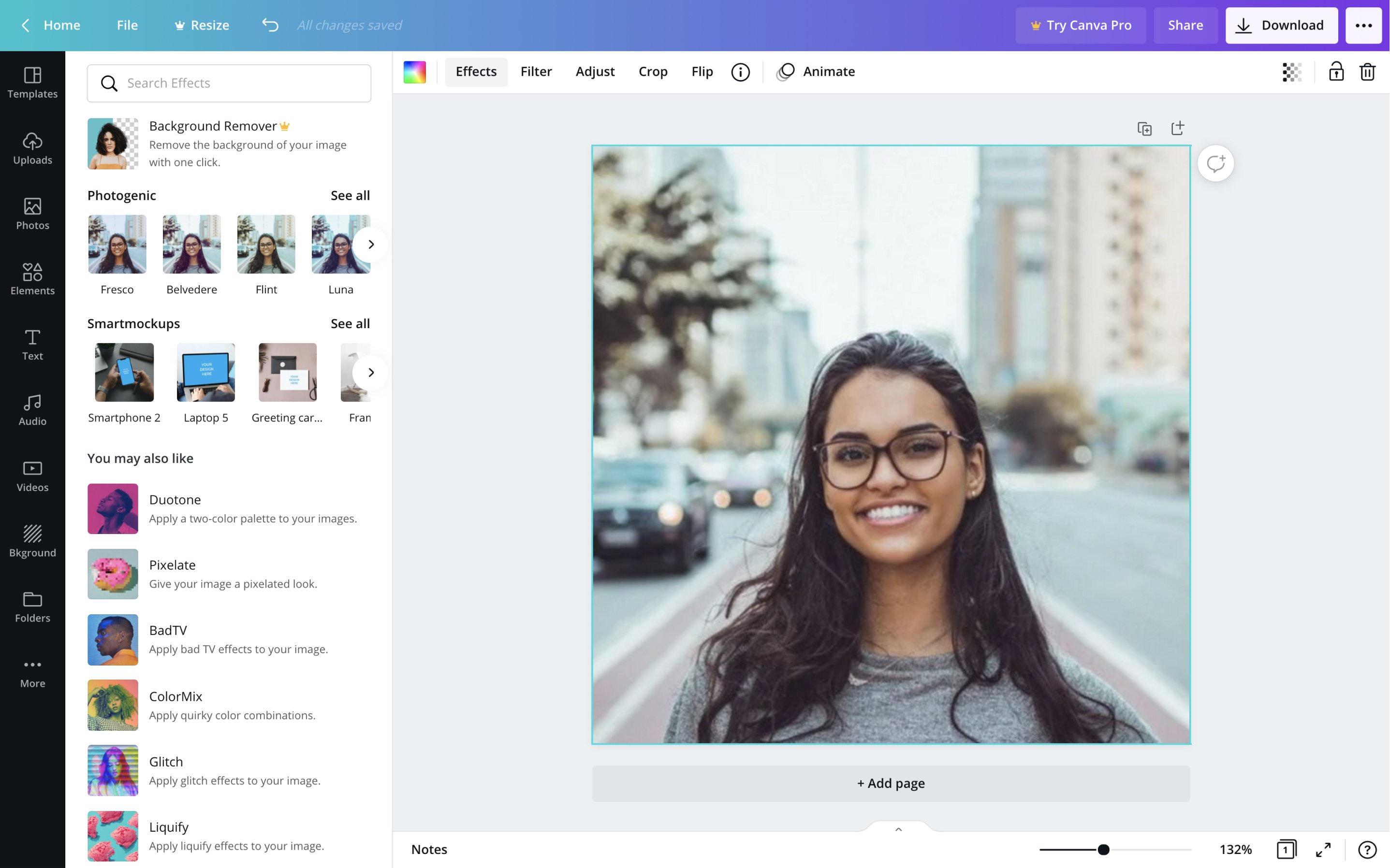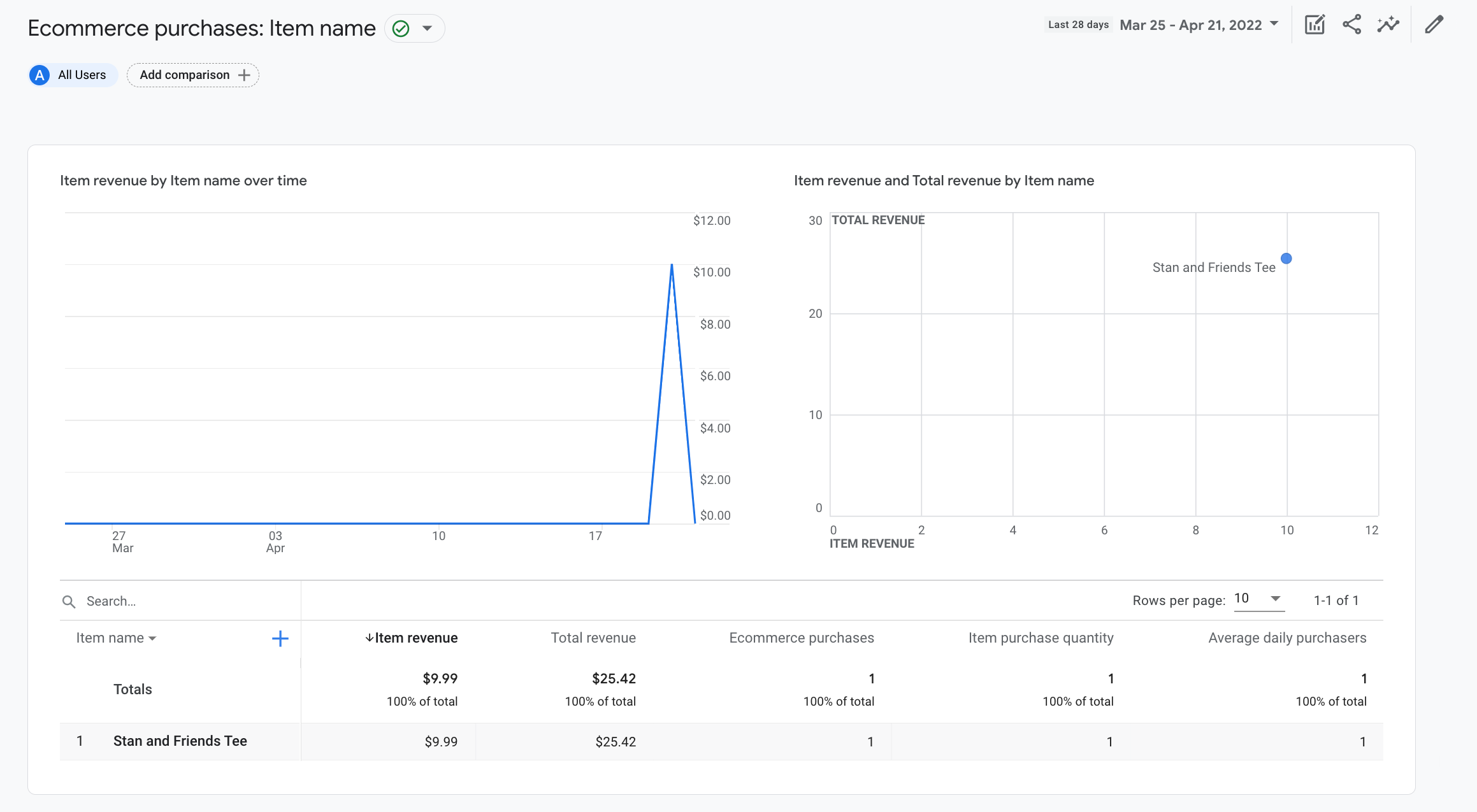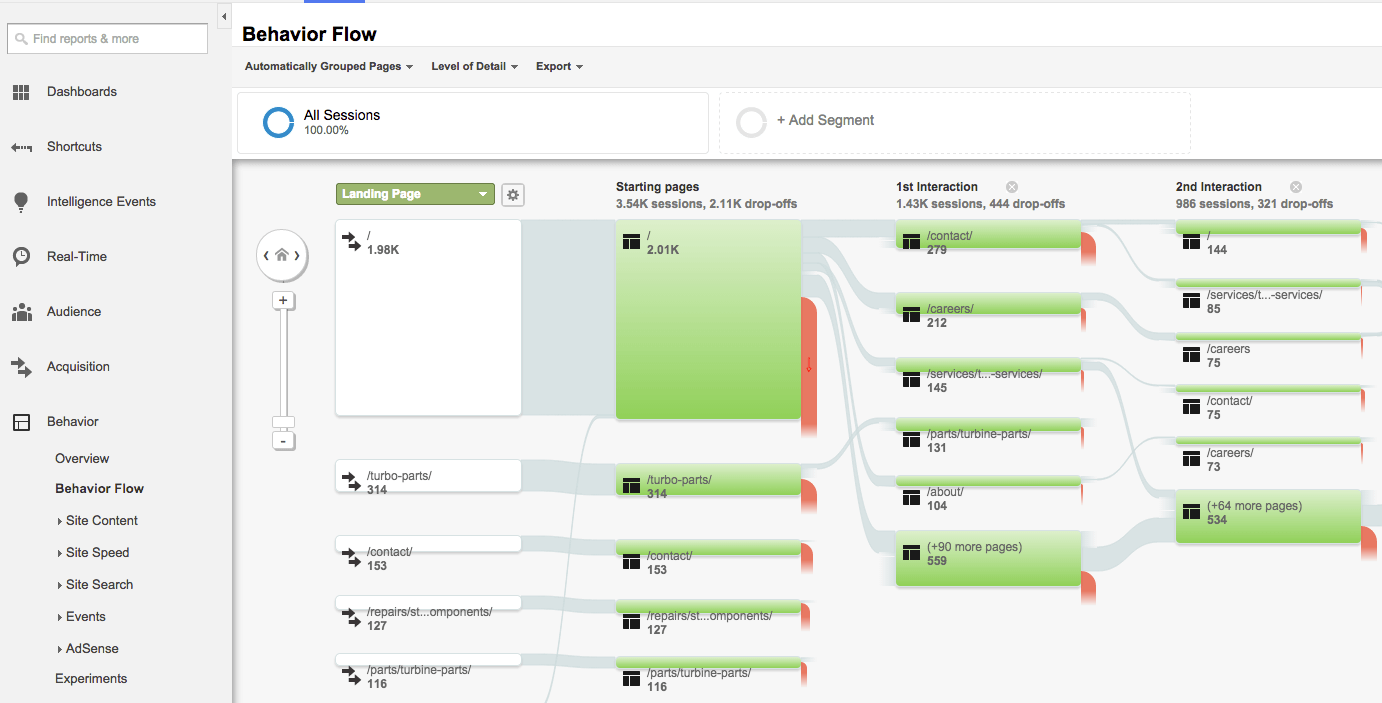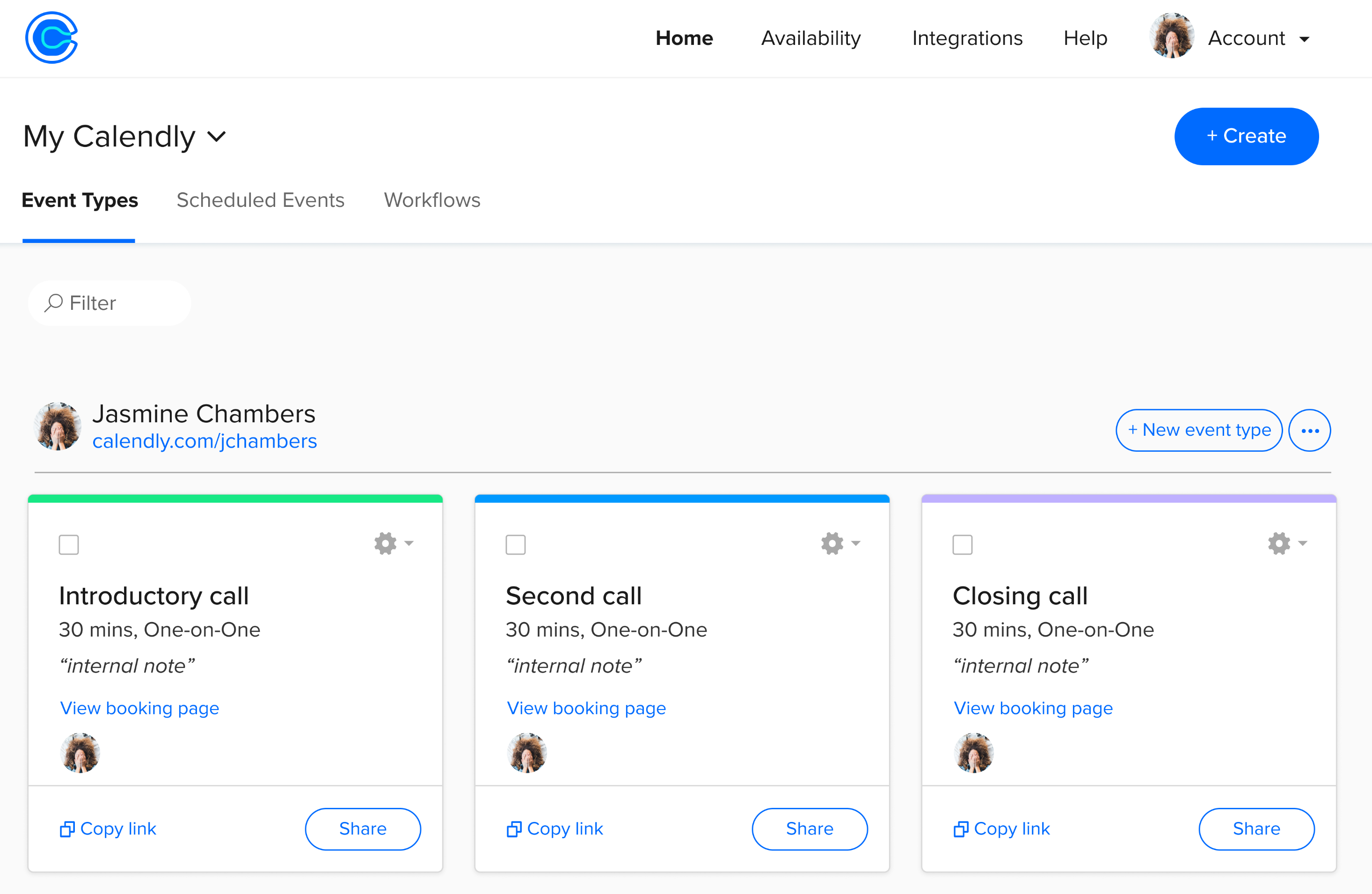

In the past few years, there has been a major change in digital marketing. New trends, such as artificial intelligence (AI) tools, have the potential to overhaul large parts of the marketing process.
But at its core, marketing strategy is still about focusing on the basics. It’s about finding the right underlying philosophy to guide your efforts. And for many businesses, that philosophy is inbound marketing.
From optimizing content for search engines, to email marketing and social media marketing, you can reach and convince more potential customers than via more traditional outbound marketing strategies.
With the right inbound marketing tools in place, you’re setting your marketing strategy up for long-term success.
And the right tools can automate this, turn your analytics into actionable insights, and help you get more leads and sales out of your inbound marketing strategy.
What Is Inbound Marketing?
Inbound marketing is a marketing philosophy that tries to draw in potential customers by creating valuable content they want to read and consume.
Any inbound strategy is an omnichannel strategy. It requires you to bring together all your marketing efforts while focusing on a few core components:
- Content marketing, with a comprehensive SEO strategy and extensive keyword research to draw organic traffic to your site
- Social media management to engage your target audience and increase engagement over time
- Lead-generating content creation that uses content management systems and high-quality content to drive new leads and attract customers
- Marketing automation that can automate anything, such as your social media posts and drip campaigns in your email marketing
Thanks to these complexities, every inbound marketing strategy must include a comprehensive marketing planning process. But with the right process in place, your inbound marketing efforts can be immensely successful.
Through inbound marketing, you align your messaging with the customer journey. Creating helpful content builds customer relationships rather than simply filling the top of the sales funnel. And when you reach the right customers in your target market, the benefits for your sales pipeline are immense.
Inbound vs. outbound marketing
Inbound marketing differs from outbound marketing in one simple way: The former pulls in interested website visitors and potential customers while the latter pushes out sales messages.
Outbound marketing hopes to get quick wins and, admittedly, can yield relatively fast results.
But thanks to its focus on relevant content and lead management, it’s inbound marketing that attracts customers with instant trust and a willingness to create long-term relationships.
Think of inbound marketing as a magnet-based system. Your content strategy generates search traffic and social media activity, which makes potential customers want to check out what everyone is talking about.
This is why marketing agencies have begun to gravitate toward this option. It’s also a major reason why any list of top inbound marketing software significantly overlaps with marketing agency software.
10 Best Inbound Marketing Tools 2024
Of course, effective inbound marketing strategies need the right marketing tools. And because this subject is so comprehensive, chances are you’ll want to implement more than one tool to elevate your marketing campaigns.
For example, social media management requires different approaches and tools than managing landing pages. SEO tools are yet another means to create an effective content strategy.
That’s why this list of the best inbound marketing platforms ranges so widely in terms of features, allowing you to build a suite of options you can tap into to optimize your inbound marketing strategy.
1. ClickUp

The work management hub wins for its versatility. ClickUp for Marketing Teams is especially relevant for inbound marketing campaigns thanks to tools including calendar views, Kanban boards, whiteboards, and real-time collaboration opportunities.
This is an enterprise marketing software par excellence. Once you create a free account, you can better manage your marketing activities and automate repetitive tasks.
ClickUp best features
- An extensive library of relevant customizable templates, such as customer journey templates, which turn advanced analytics into actionable insights
- ClickUp customer relationship management (CRM) features that allow for better lead management and lead tracking across the funnel
- ClickUp AI Assistant that streamlines the process of creating landing pages, blog posts, and other content
- Extensive integrations that enable ClickUp to connect directly with your other marketing tools
ClickUp limitations
- Not an analytics tool; you’ll still need other marketing tools for backlink analysis, competitor analysis, and advanced market research
- No social media integrations or direct blog post publishing capabilities
ClickUp pricing
- Free Forever
- Unlimited: $7/month per user
- Business: $12/month per user
- Enterprise: Contact for pricing
ClickUp ratings and reviews
- G2: 4.7/5 (8,500+ reviews)
- Capterra: 4.7/5 (3,700+ reviews)
2. HubSpot

HubSpot is a pioneer in inbound marketing, even claiming to have invented the term. It’s not a surprise, then, that it may be the most comprehensive dedicated inbound marketing tool on the market.
But that’s selling it short. HubSpot is actually a combination of marketing tools, including options to improve your sales team operations, CRM, and inbound marketing strategies.
HubSpot best features
- Close alignment between marketing and sales teams, thanks to tools such as its CRM software
- Drag-and-drop editors for landing pages, email marketing, and content marketing
- Integrated keyword research tool to improve your online visibility
- Tracking and in-depth analysis of website visitors to improve your marketing and sales process
HubSpot limitations
- Marketing automation workflows can be complex and have a steep learning curve
- Building landing pages outside of its templates can be difficult, requiring manual coding
- No real data analysis for search engines
HubSpot pricing
- Free Tools
- Starter: Starts at $18/month for 1,000 marketing contacts
- CRM Suite Starter: Starts at $20/month for 1,000 marketing contacts
- Professionals: Starts at $800/month for 2,000 marketing contacts
HubSpot ratings and reviews
- G2: 4.4/5 (10,000+ reviews)
- Capterra: 4.5/5 (5,500+ reviews)
3. Surfer

As one of the top SEO tools on the market, Surfer promises to help businesses get on the first page of search engine results. The core process to get there is an automated content analysis to check its performance against competitors, along with a real-time editor that shows related keywords to improve content as you write it.
Surfer best features
- Surfer Content Editor provides content, keyword, and headline recommendations to score your text against your competitors in real time
- An extensive keyword research tool helps you better understand what types of topics and phrases can rank your content on search engines
- Surfer AI, an automated writing tool, allows you to create instant, well-ranking articles
- SEO auditing capabilities enable you to evaluate your entire website based on its ability to drive customers
Surfer limitations
- Users can’t edit keywords in the content editor after creating content
- Some analyses can take significant time before returning actionable results
Surfer pricing
- Essential: $69/month
- Advanced: $149/month
- Max: $249/month
- Custom: Contact for pricing
Surfer ratings and reviews
- G2: 4.8/5 (460+ reviews)
- Capterra: 4.9/5 (370+ reviews)
4. Buffer
Social media takes on an important role in the marketing automation element of inbound marketing, and Buffer is among the best options in this area. Once you add social media platforms to its interface, you can automatically schedule your posts and plan your inbound marketing campaigns ahead of time.
Buffer best features
- Publishing and scheduling tools enable you to optimize social media content across the customer journey
- Social media analytics and reports show the return on investment (ROI) of channel-specific and omnichannel efforts
- An integrated AI assistant helps to rewrite sentences, generate ideas, and optimize publication dates
- Centralize comment management helps to engage your audience and attract customers
Buffer limitations
- Some reported hiccups with the Instagram integrations that can make scheduling difficult
- Relatively expensive compared with other marketing automation platforms for social media
Buffer pricing
- Free
- Essentials: $6/month per channel
- Teams: $12/month per channel
- Agency: $120/month for 10 channels
Buffer ratings and reviews
- G2: 4.3/5 (980+ reviews)
- Capterra: 4.5/5 (1,400+ reviews)
5. Canva

Successful inbound marketing requires visual assets. Graphics, infographics, and video marketing are core components of any inbound marketing tactic. That’s where Canva comes in. It’s an intuitive design and templating software you can use to build visual assets quickly and efficiently.
Canva best features
- Intuitive drag-and-drop interface that allows anyone to create effective designs
- Pre-set and customizable templates that keep your brand identity consistent across inbound marketing campaigns and channels
- Simple video editing tools that enhance your video marketing without requiring extensive expertise
- Versatile functionality that you can even use as a process mapping tool for your customer journey
Canva limitations
- The design editor is simple but lacks some of the advanced features of other marketing tools, such as Adobe Creative Suite
- The visual assets lock after download, making future edits impossible without accessing the software again
Canva pricing
- Canva Free
- Canva Pro: $14.99/month for one user
- Canva for Teams: $29.99/month for the first five users
- Canva Nonprofit: Contact for pricing
Canva ratings and reviews
- G2: 4.7/5 (4,200+ reviews)
- Capterra: 4.7/5 (11,000+ reviews)
6. Google Analytics

Google’s analytics suite has long been the gold standard for web analytics, and for good reason. It’s among the most important inbound marketing tools for any business. Use it to analyze web traffic or determine which keywords your users searched for to find your content. You can even add some marketing automation to your analytics processes through reporting and goal setting.
Google Analytics best features
- Powerful analytics suite tracks traffic sources and user behavior flows across your website
- Goal and Goal Value features allow you to estimate the ROI of individual campaigns by defining exactly what each conversion is worth
- E-commerce integrations enable in-depth tracking of purchases and customer journeys toward those purchases
- Machine learning data enhances reports and allows predictive analytics—instead of just historical data—to guide your inbound marketing strategy
Google Analytics limitations
- The complex interface can make finding information and building reports difficult for new users
- There are limited customization abilities for users looking to go beyond core metrics and key performance indicators
Google Analytics pricing
- Free
- Analytics 360: $12,500/month
Google Analytics ratings and reviews
- G2: 4.7/5 (2,000+ reviews)
- Capterra: 4.7/5 (2,000+ reviews)
7. Grammarly

Successful inbound marketing relies on credibility, so it’s only natural that one of the most important inbound marketing tools can help you maintain that professional credibility by ensuring that everything you write is professional. Grammarly helps to ensure that all your written content, such as email marketing campaigns, your next landing page, or even individual pitch emails in the sales process, sounds as good as it possibly can.
Grammarly best features
- Integrates seamlessly with MS Office, Google, web browsers, and other apps to automatically check your content
- Provides advanced editing suggestions to help improve grammatically correct sentences and paragraphs
- Offers a Generative AI tool to help with writing and rewriting content
- Ensures that all content is original via the Plagiarism checker
Grammarly limitations
- Some autocorrects on names and other unique words can disrupt the writing experience
- Many features, including advanced editing suggestions and off-browser integrations, aren’t available on the free version
Grammarly pricing
- Free
- Premium: $12/month for one user
- Business: $15/month per user
Grammarly ratings and reviews
- G2: 4.7/5 (4,300+ reviews)
- Capterra: 4.7/5 (6,900+ reviews)
8. Intercom
Thanks to the rise of AI in marketing automation, tools such as Intercom are becoming increasingly important inbound marketing tools. Users benefit from live chat and an AI-enabled chatbot to enhance conversational engagement with current and prospective customers.
Intercom best features
- A shared inbox allows your sales, marketing, and customer service teams to stay on the same page
- Multichannel delivery options are available through a website, email, and SMS
- Extensive knowledgebase and help library build out the tool and optimize its use over time
- Impressive ease of use, especially considering the complex AI engine running in the background
Intercom limitations
- Ad blockers sometimes flag the Intercom tool as an advert, reducing its effectiveness
- Individual customer support can be slow
Intercom pricing
- Standard: $74/month
- Pro: Contact for pricing
- Enterprise: Contact for pricing
Intercom ratings and reviews
- G2: 4.5/5 (2,700+ reviews)
- Capterra: 4.5/5 (970+ reviews)
9. Hello Bar

As its friendly name suggests, Hello Bar is a lead capture tool that integrates directly with your website. From there, various pop-up, bar, and slider options help you get your audience’s attention, convert them into leads, and improve your inbound marketing.
Hello Bar best features
- The wide range of options to collect more website leads makes this one of the most versatile lead-capture inbound marketing tools available
- Scrolling bars attract your audience’s attention without distracting from other inbound marketing content
- User alerts can send targeted messages to website visitors at key points in their journey
- Advanced targeting allows you to target messages at the most relevant points
Hello Bar limitations
- Can only capture leads, while some of its competitors provide more comprehensive marketing automation and inbound marketing tools
- Limited notification feature when new leads enter the system
Hello Bar pricing
- Starter: Free Forever
- Growth: $29/month
- Premium: $49/month
- Elite: $99/month
Hello Bar ratings and reviews
- G2: 3.5/5 (4+ reviews)
- Capterra: 4.2/5 (10+ reviews)
10. Calendly

Any discussion about inbound marketing tools wouldn’t be complete without at least considering the marketing calendar. Fortunately, Calendly is the best on the market when it comes to scheduling meetings online, both internally and with leads waiting for you to nurture and pitch to.
Calendly best features
- Native calendar integration that avoids double booking or schedule overlaps and allows you to automatically mark meetings on all parties’ calendars
- Integration with shared calendars for inbound marketing teams who don’t assign specific leads to specific team members for follow-up
- Extensive library of Calendly integrations with other inbound marketing tools, such as ClickUp
- Marketing automation capabilities through automated follow-ups and additional info that you can send ahead of scheduled meetings
Calendly limitations
- Occasional crashes that can disrupt the scheduling process on both sides
- Can struggle to sync a high volume of calendars across an enterprise inbound marketing operation
Calendly pricing
- Basic: Always free
- Essentials: $8/month per user
- Professionals: $12/month per user
- Teams: $16/month per user
- Enterprise: Contact for pricing
Calendly ratings and reviews
- G2: 4.7/5 (1,900+ reviews)
- Capterra: 4.7/5 (2,800+ reviews)
Convince and Convert Your Audience With the Best Inbound Marketing Tools
Inbound marketing strategies are complex, so it’s not a surprise to know that there’s no single “best” inbound marketing tool.
Instead, the best strategies use a combination of tools and find ways to integrate them for optimum performance.
Take ClickUp as an example. Our software doesn’t pretend to offer social media scheduling or advanced web analytics. But it can integrate with the inbound marketing tools performing those services, ultimately creating a hub for all things inbound marketing.
So what are you waiting for? If you’re looking to supercharge your inbound marketing efforts, now’s the time to start. Create your FREE ClickUp account today.



